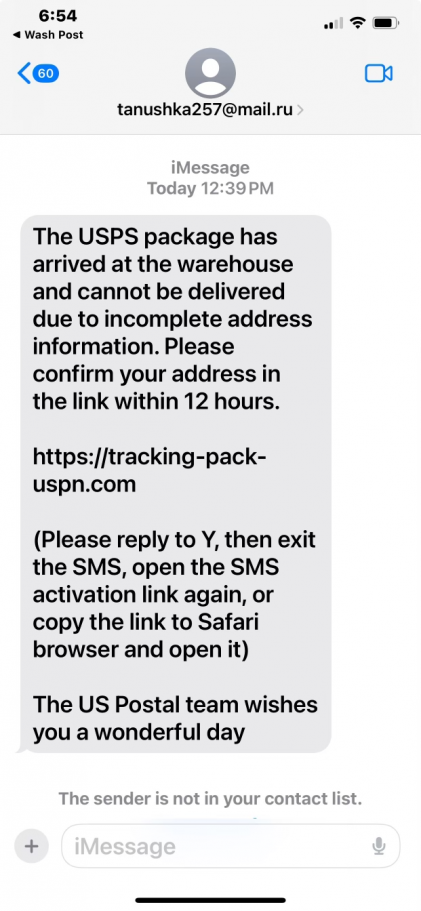March 7, 2024, is national “Slam the Scam!” day. This annual federal outreach initiative was launched during the pandemic to call attention to phone, direct message (DM), text, and email crimes. These scams have intensified and become more sophisticated. Here are some warning signs to be aware of to help you slam the scam:
You are contacted unexpectedly by phone, email, text, DM, or pop-up message with a request for personal information or money. These crimes are successful because scammers use convincing stories: there’s a problem with your account, there’s a hold on your classes, there’s an issue with a package delivery, or an emergency with a loved one. Scammers pretend to be someone important who needs help, or pose as an employee from a familiar organization. Scammers tell you it is urgent you take action and often create fake caller ID information. If you get asked for personal information or money, make sure you verify the person who has contacted you before acting on any request. If it is a legitimate request the person will not mind. And never click a link or download an attachment from someone or an organization you don’t know.
Scammers use emotional triggers, like love or fear, to trick you into taking action. You may be asked to send a wire transfer or to purchase pre-loaded debit cards or gift cards. Another popular (read: successful) scam is receiving a check that is for more than expected, with the scammer asking you to repay the overage via the code from a pre-paid gift card or by a bank transfer.
The scammer might ask for your GatorLink credentials, bank account number, UFID, or even your Social Security number. Scammers often direct you to a website that looks legit (but isn’t). They’ll ask you to enter your name and password using pop-up messages on your computer or your mobile device, with a request to allow a software program to run. Don’t do it! Sometimes scammers provide a callback number or say that you can trust Caller ID when you question them. Remember…When in doubt, don’t give that information out!
It has become commonplace to receive scam texts (“smishing“) and phishing emails. The best protection from scammers is to familiarize yourself with how scams work. If you receive an email in your GatorMail that makes you suspicious, click on the Phish Alert Button in MS Outlook located on the top right of your email, or forward it to abuse@ufl.edu.








